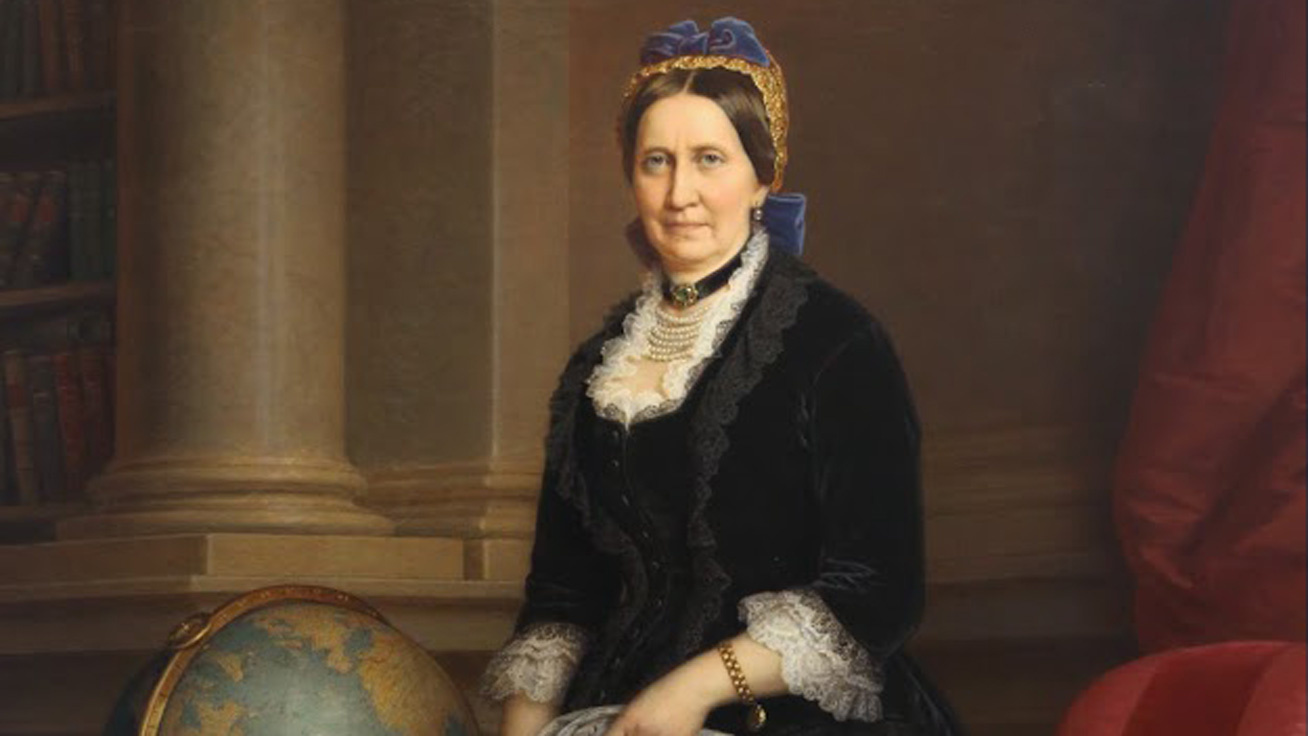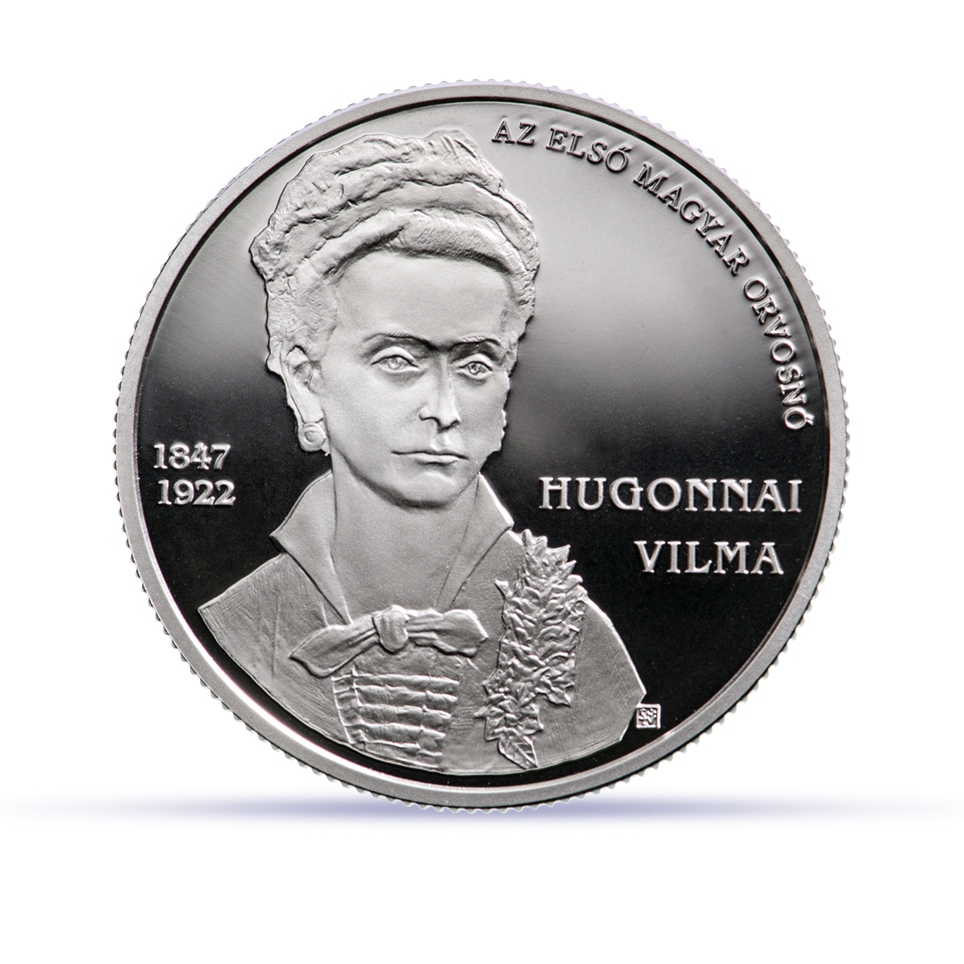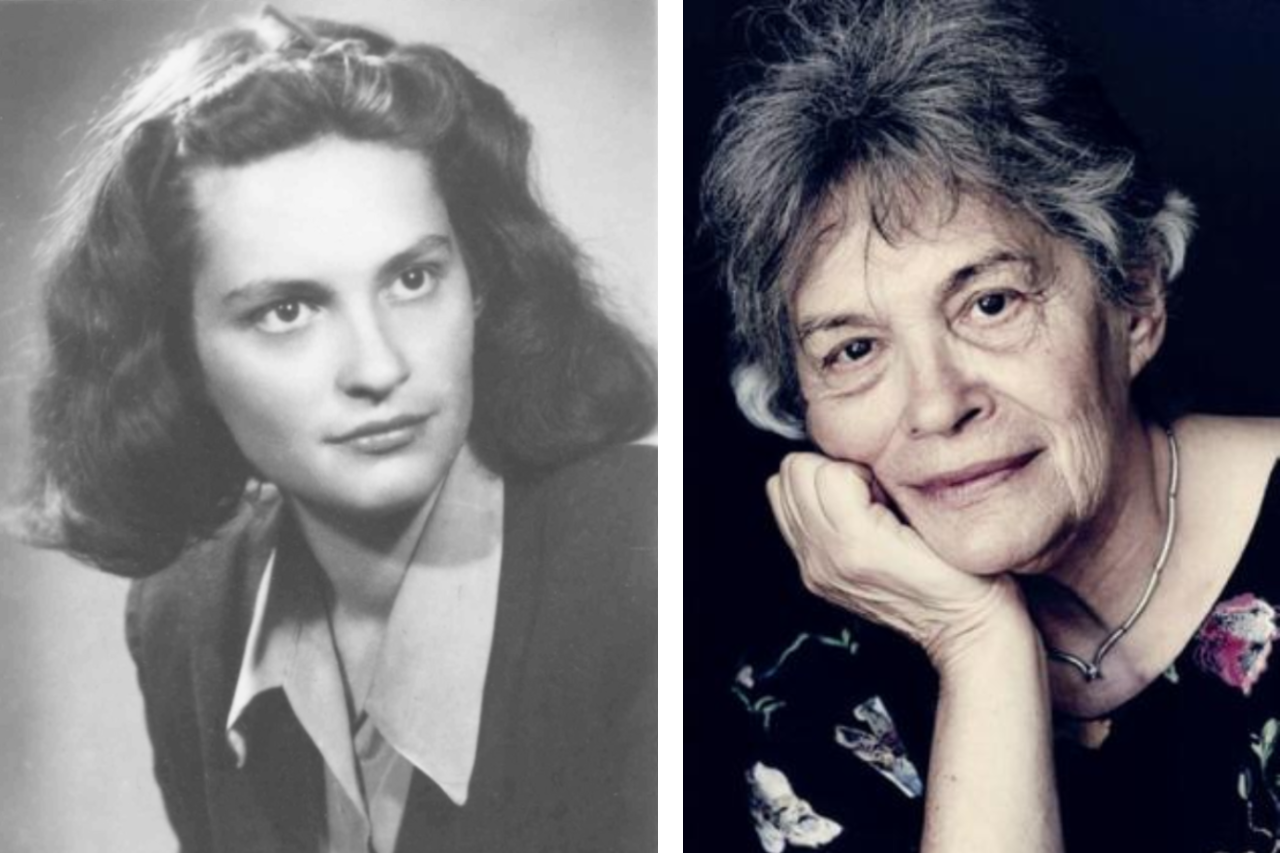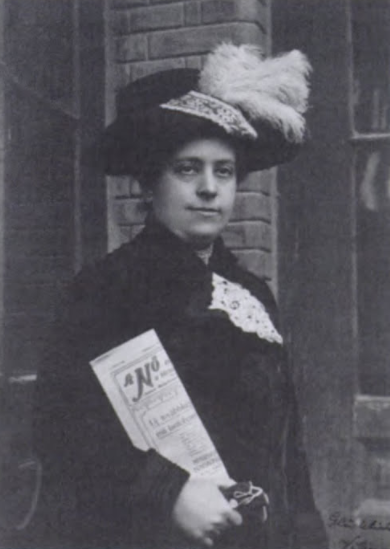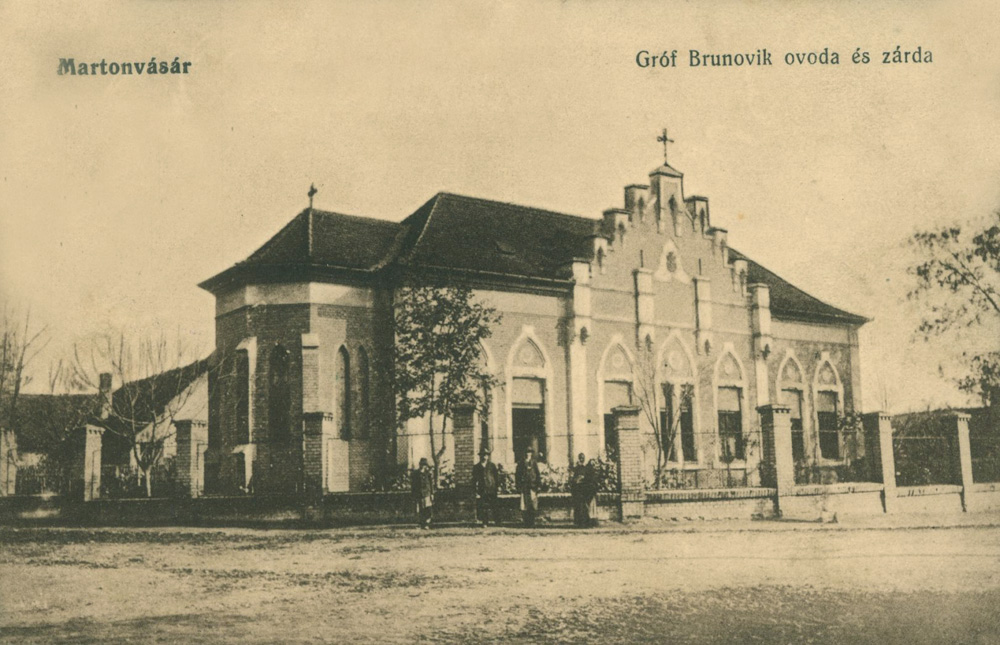
Terezia Brunszkvik and the First Hungarian Kindergarten – Martonvásár
Hungarian figure of the „The emancipation of women” topic
Terezia Brunszvik (1775-1861), a pioneering figure in Hungarian education and the emancipation of women, made significant contributions to early childhood education by establishing the first Hungarian kindergarten in 1828 in Martonvásár. As a member of the Hungarian aristocracy, Brunszvik was highly educated and well-connected, which gave her the opportunity to travel extensively and become familiar with progressive educational ideas in Western Europe. Inspired by the work of Johann Heinrich Pestalozzi and Friedrich Fröbel, who were advocates of early childhood education and the importance of fostering children’s development through structured play and learning, Brunszvik sought to introduce these methods in Hungary.
Brunszvik believed that education was the key to improving society and that this process should begin at a young age. Her vision was revolutionary in a country where formal education was generally reserved for the elite, and education for young children, especially girls, was rare. By founding the first kindergarten in Martonvásár, Brunszvik aimed at creating an environment where children could develop intellectually, emotionally, and socially in their early years. Her efforts resulted in the creation of several more kindergartens in Budapest and in other cities, and she continued to promote the importance of early education until her death.
The establishment of the kindergarten in Martonvásár was not just a milestone in Hungarian education but also part of a larger European trend. Brunszvik’s work was closely related to similar developments in countries like Polish and the Czech lands, where early childhood education became a central issue for progressive social movements. The broader context of Brunszvik’s work is essential to understand the role of women in Central Europe during this period. The 19th century saw significant movements for women’s rights, education, and social reform across the region. Women like Brunszvik were at the forefront of these movements. Their efforts were often closely linked to national movements for independence and modernization, as they sought to demonstrate that women’s participation in society was crucial to the success of these broader national goals.
Facts


